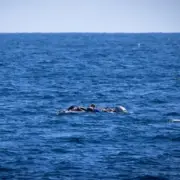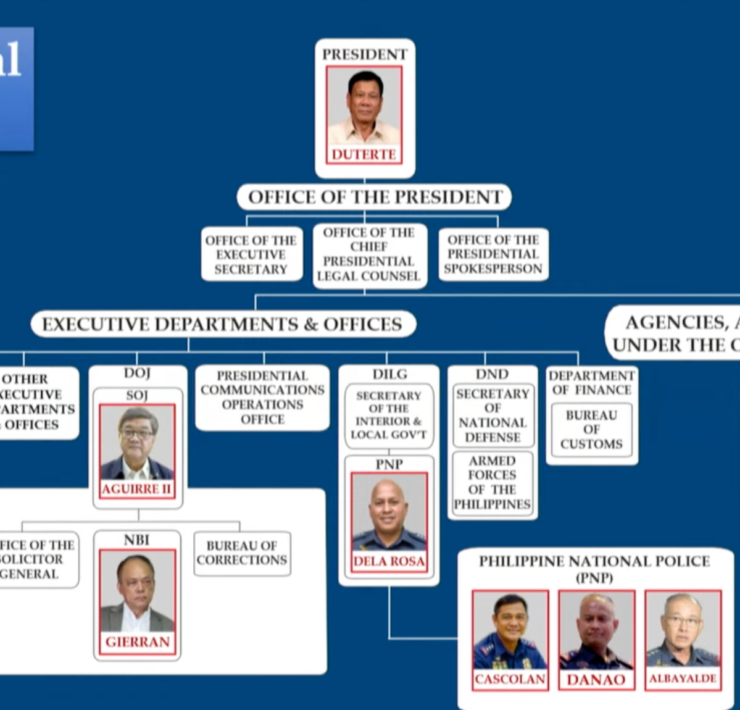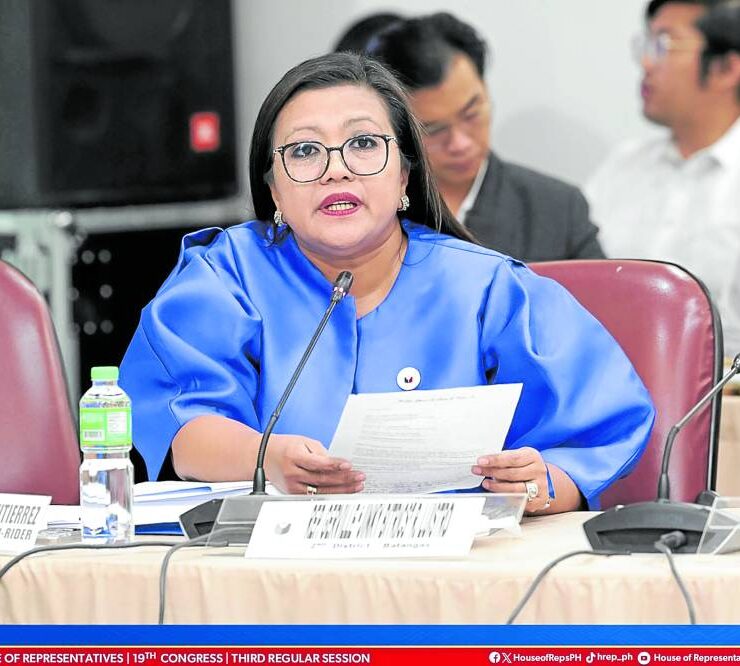Magna Carta of Seafarers pushed amid maritime threats
Two House lawmakers called for the urgent enactment of the sidelined Magna Carta of Seafarers bill to give mariners greater protection from piracy and other threats at sea, following Iran’s seizure on Sunday of a Portuguese cargo ship with four Filipinos on board in a Middle Eastern waterway.
Kabayan Rep. Ron Salo, chair of the House committee on overseas workers affairs, and OFW Rep. Marissa Magsino emphasized the “critical importance” of passing the bill, which Congress already passed last year but was deferred and returned to the legislature by President Marcos for modifications.
The Senate and the House of Representatives approved each of their versions of the seafarers’ bill in 2023, and the President was supposed to sign it into law in February but he postponed it pending a review.
The bill was then sent back to the two legislative chambers for further tweaking and consolidation in a bicameral conference committee.
In a statement, Salo said the April 14 seizure by Iranian authorities of the Portuguese vessel MSC Aries in the Strait of Hormuz “has placed four Filipino seafarers in an extremely precarious position.”
He added: “It highlights the continued vulnerability of our overseas seafarers who are among the most affected in any international conflict.”
While he praised the Office of the President, the Department of Migrant Workers and the Department of Foreign Affairs (DFA) for their swift response in reassuring the families of the affected seafarers and working to secure their release, Salo said a law protecting Filipino sailors would have been highly useful in such situations.
“The safety and well-being of our Filipino workers, whether on land or at sea, are of utmost importance. The Magna Carta of Seafarers will not only provide them with greater protection but also ensure that their families are supported, especially in times of crisis,” Salo said.
‘Dangerous profession’
For her part, Magsino noted that the seizure of the MSC Aries was not the first incident where Filipino seafarers had ended up as “collateral damage.”
She said, in Filipino: “The geopolitical tensions on international waterways [have] seemingly made being a mariner a dangerous profession in this modern age.”
“They are ending up as collateral damage in conflicts happening in different parts of the world,” Magsino added, as she urged the government to step up efforts in protecting the welfare of and securing Filipino seafarers.
The lawmaker pointed out that the enactment of the bill would be a good start, as she called on the United Nations to ensure the security of vessels sailing through vital waterways for international trade.
Under the Magna Carta, all Filipino seafarers in domestic or international waters shall have access to educational advancement and training, access to information relevant to their position, humane work conditions and just compensation, and rights to self-organization to engage in collective bargaining, and legal representation.
The Magna Carta also defines the conditions for employment, parameters for health and safety, and benefits for social welfare services and disabilities. It also lays down the policies behind and benefits of termination of employment, as well as reintegration services.
It also aims to recognize seafarers as essential workers who need special protection and ensure they are treated fairly in the event of a maritime accident, epidemic, pandemic and natural or man-made crises.
Certified urgent
In March 2023, the House approved the bill on third and final reading. In September of that year, the President certified the bill as urgent and raised the need for its “immediate enactment,” prompting the Senate to pass it on Sept. 27.
But in February 2024, Presidential Communications Office Secretary Cheloy Garafil said the bill was placed under review.
On Feb. 26, Mr. Marcos was set to sign the bill but this did not push through, and the House approved Concurrent Resolution No. 23 withdrawing the enrolled copies of Senate Bill No. 2221 and House Bill No. 7325 from the Office of the President.
By March, a new draft was ready for signing after considering the issues previously raised by domestic shipowners regarding regulatory requirements, an official of the Department of Transportation said.
On March 12, the DFA sought the immediate passage of the bill following a missile attack by Houthi rebels on a cargo vessel off Yemen, which killed two Filipino seafarers and injured three others. —WITH A REPORT FROM INQUIRER RESEARCH INQ




















